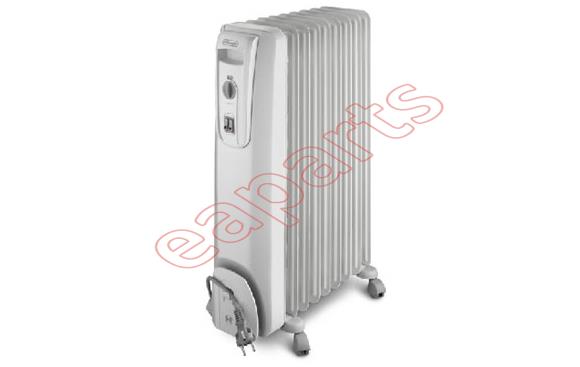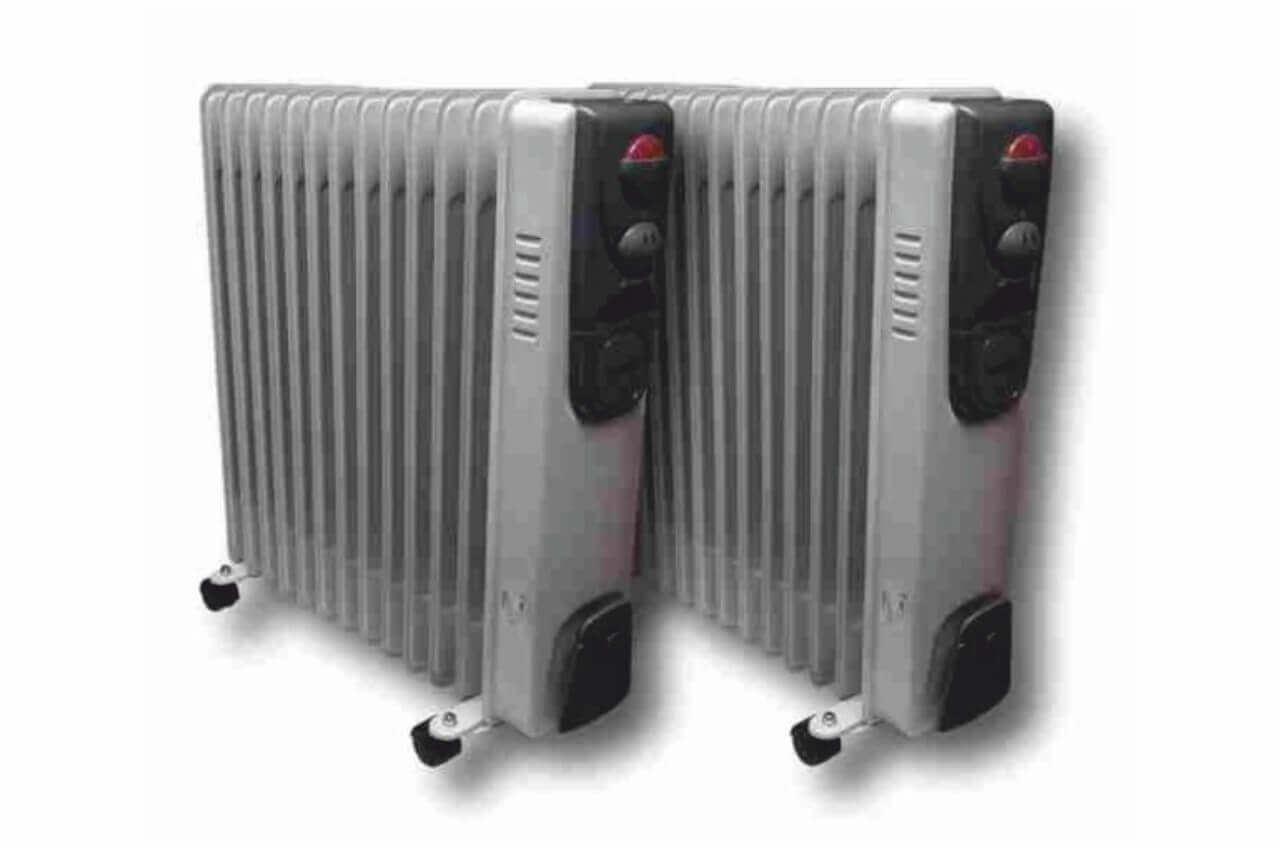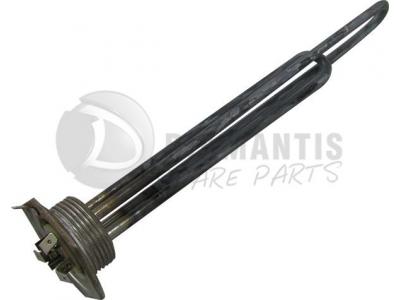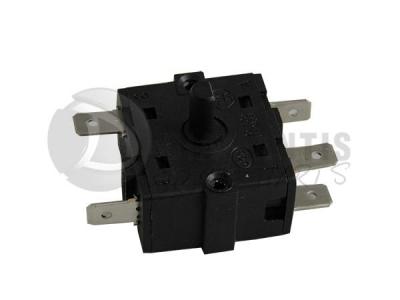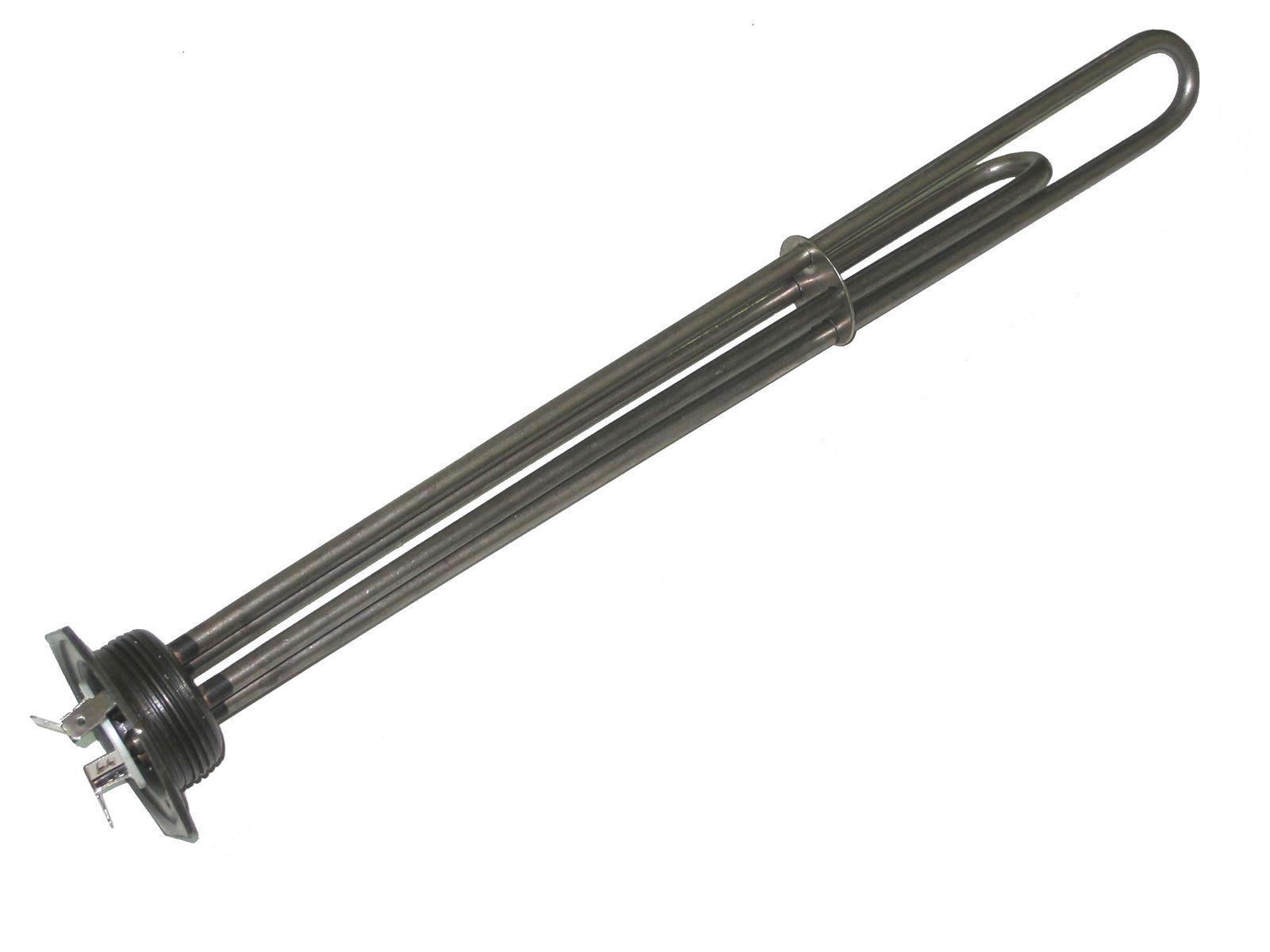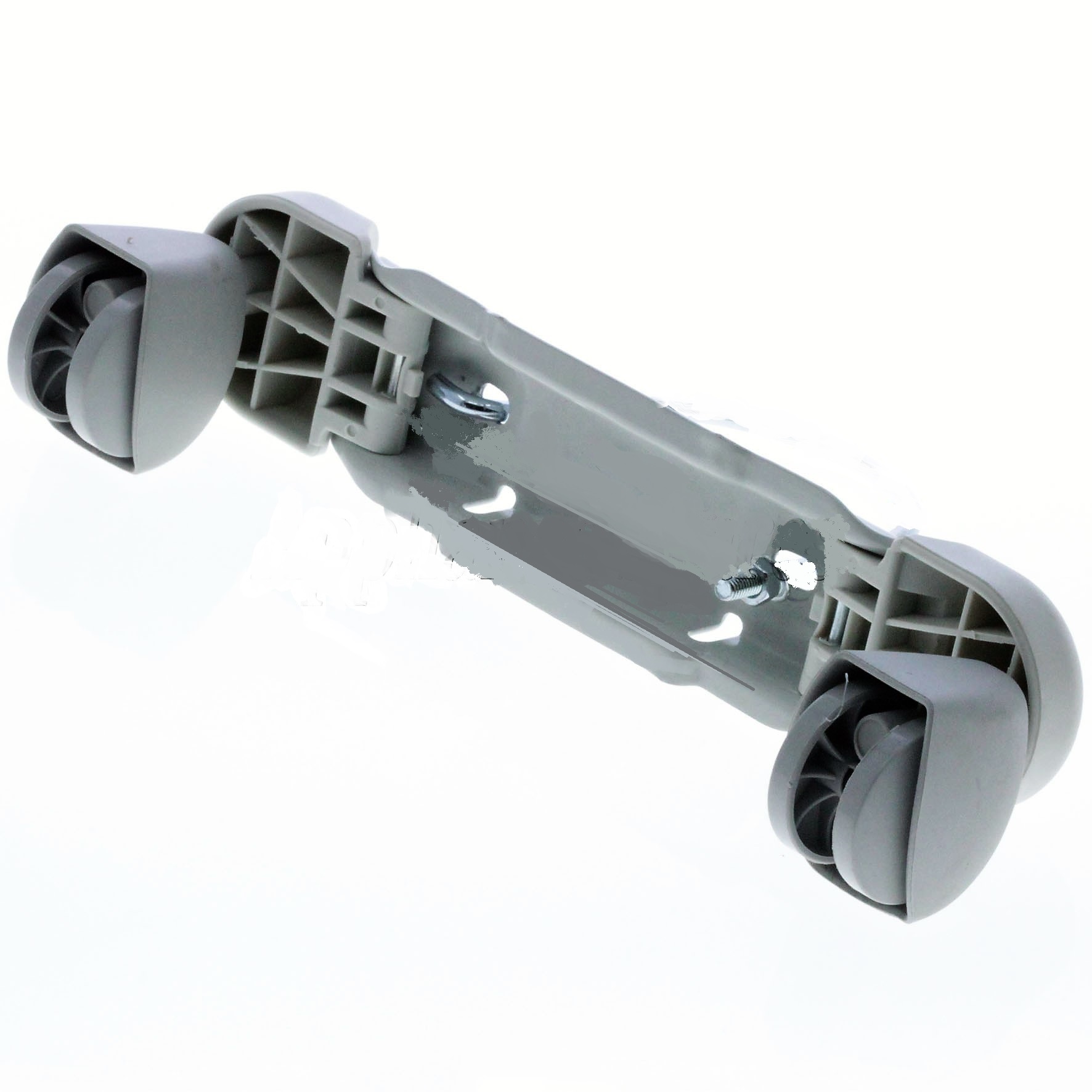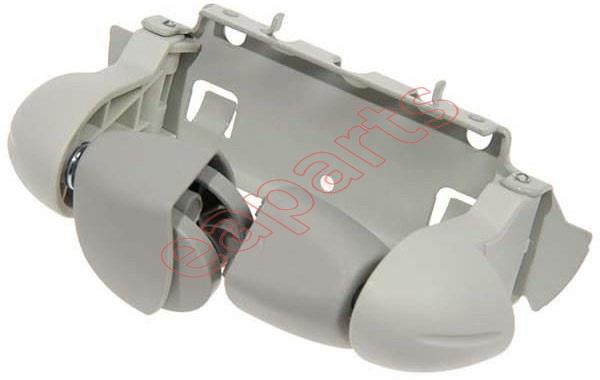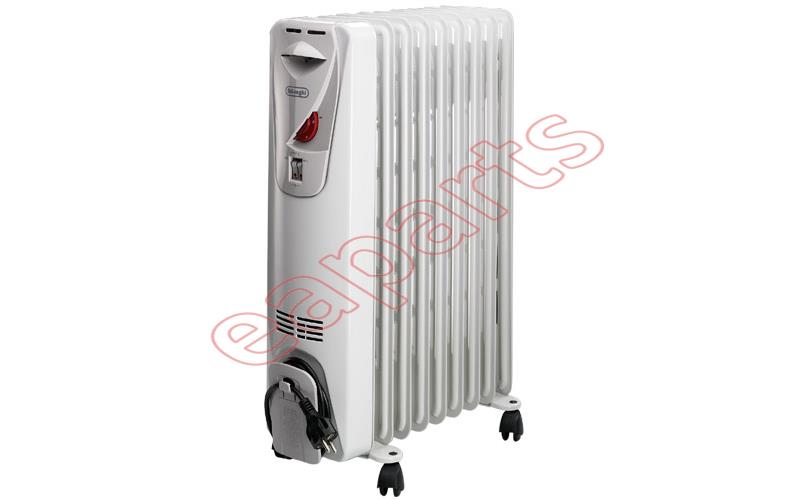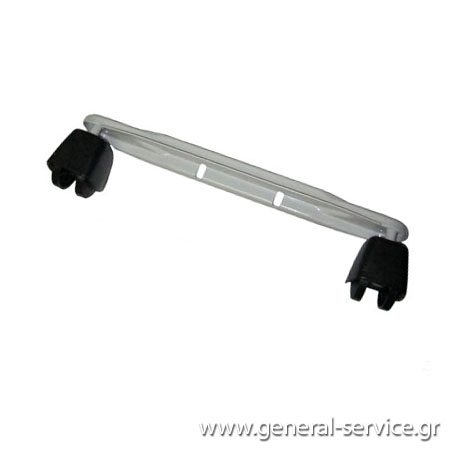
Ανταλλακτικά Καλοριφέρ Αρχεία - ΚΑΚΚΑΡΟΣ ΑΒΕΕ | Ανανεώσιμες Πηγές Ενέργειας,Αντλίες,Πιεστικά,Γεννήτριες,UPS,Εξαερισμός,Ανεμιστήρες,Εργαλεία,Ηλεκτρολογικός Εξοπλισμός,Έξυπνα Σετάκια,Ηλιακά Φωτιστικά,Ηλιακοί Θερμοσίφωνες,Θέρμανση,Αφυγραντήρες,Μηχανήματα ...

Ανταλλακτικά Καλοριφέρ Αρχεία - ΚΑΚΚΑΡΟΣ ΑΒΕΕ | Ανανεώσιμες Πηγές Ενέργειας,Αντλίες,Πιεστικά,Γεννήτριες,UPS,Εξαερισμός,Ανεμιστήρες,Εργαλεία,Ηλεκτρολογικός Εξοπλισμός,Έξυπνα Σετάκια,Ηλιακά Φωτιστικά,Ηλιακοί Θερμοσίφωνες,Θέρμανση,Αφυγραντήρες,Μηχανήματα ...
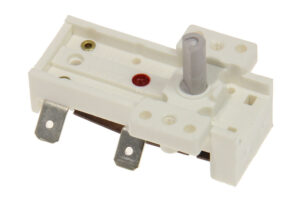
ΘΕΡΜΑΝΤΙΚΑ ( ΚΑΛΟΡΙΦΕΡ-ΘΕΡΜΑΣΤΡΑ-ΑΕΡΟΘΕΡΜΟ ) - Ανταλλακτικά, αξεσουάρ οικιακών συσκευών και επισκευή οικιακών μικροσυσκευών

ΑΝΤΙΣΤΑΣΗ ΚΑΛΟΡΙΦΕΡ ΛΑΔΙΟΥ DELONGHI 30cm 2000W, DELONGHIWatt: 2000Διάσταση Α (cm): 10Διάσταση Β (cm): 10, 10404610 - Easy Parts
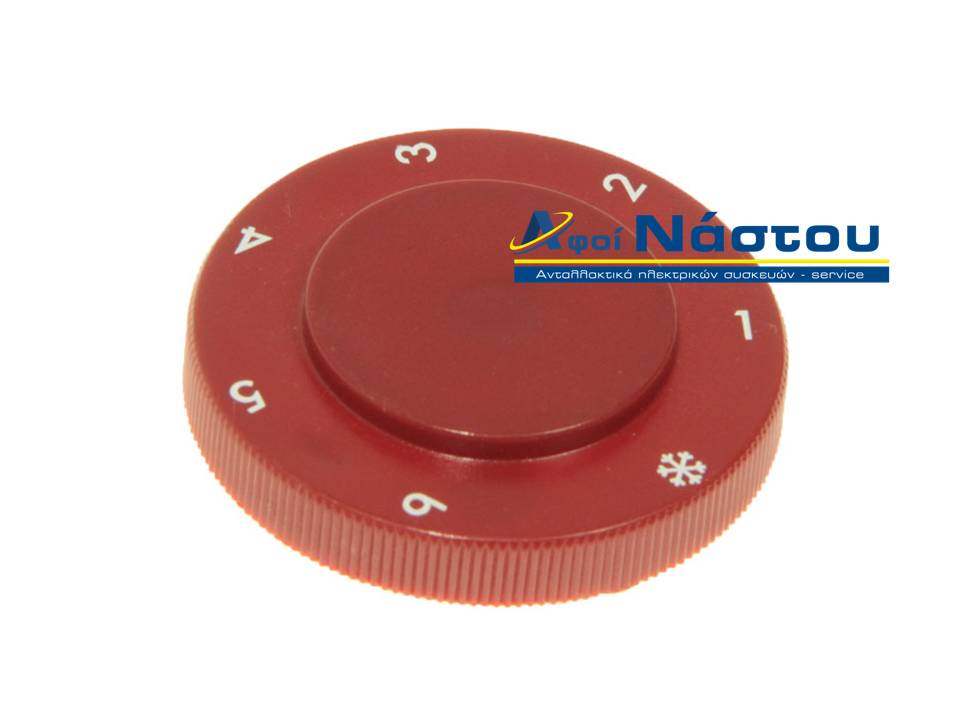
Κουμπί θερμοστάτη καλοριφέρ λαδιού DELONGHI - Ανταλλακτικά, αξεσουάρ οικιακών συσκευών και επισκευή οικιακών μικροσυσκευών
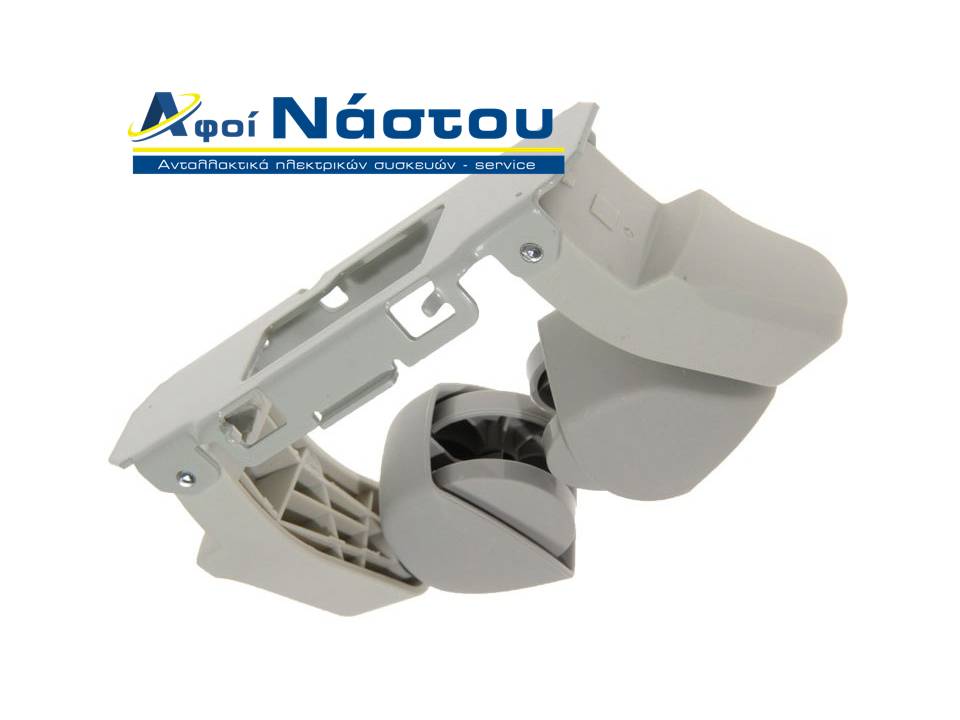
Ροδάκια καλοριφέρ DELONGHI VENTO - Ανταλλακτικά, αξεσουάρ οικιακών συσκευών και επισκευή οικιακών μικροσυσκευών

Θερμοστάτης καλοριφέρ λαδιού - ΚΑΚΚΑΡΟΣ ΑΒΕΕ | Ανανεώσιμες Πηγές Ενέργειας,Αντλίες,Πιεστικά,Γεννήτριες,UPS,Εξαερισμός,Ανεμιστήρες,Εργαλεία,Ηλεκτρολογικός Εξοπλισμός,Έξυπνα Σετάκια,Ηλιακά Φωτιστικά,Ηλιακοί Θερμοσίφωνες,Θέρμανση,Αφυγραντήρες,Μηχανήματα ...

